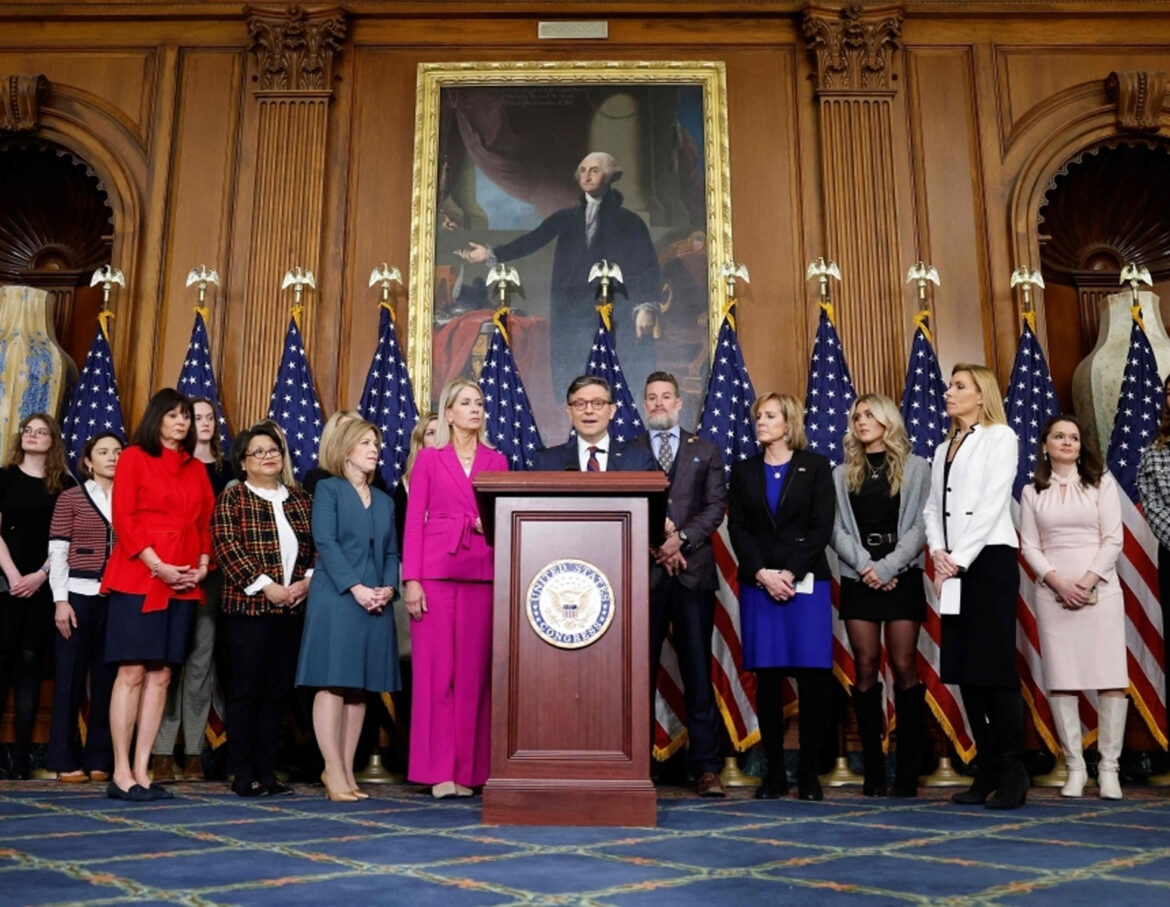Washington D.C., January 14, 2025 – The U.S. House of Representatives has passed a divisive bill that aims to prohibit transgender women and girls from participating in school athletic programs designated for female students. The legislation, called the Protection of Women and Girls in Sports Act, passed with a narrow 218-206 vote on Tuesday, with two Texas Democrats joining Republicans in support.
If the bill becomes law, it would amend Title IX to define gender strictly as “reproductive biology and genetics at birth,” effectively banning transgender athletes from competing in women’s sports. Proponents argue the bill is essential to ensuring fairness in female athletics.
“Throughout humanity, we have recognized as a species that there are women and there are men, as God created, who are biologically different,” said Florida Representative Greg Steube, the bill’s sponsor, in an interview with The Guardian.
House Speaker Mike Johnson also expressed his approval of the bill on X (formerly Twitter), calling it a victory for fairness in sports: “Men are men, women are women, and men cannot become women. It’s just that simple.”
However, the bill faces an uphill battle in the Senate. Despite Republican support, the measure is unlikely to pass without significant backing from Democrats, as Republicans control only 53 seats in the Senate. To move forward, they would need seven Democratic votes to meet the 60-vote threshold required for federal legislation.
Opponents of the bill, including many Democrats, argue that it is an invasion of privacy and a harmful attack on transgender rights. They warn that it could lead to invasive investigations into students’ private medical information. Over 400 civil organizations have condemned the bill, highlighting its potential to cause harm to transgender individuals and distract from more pressing issues, such as employment and inflation.
Critics have also pointed to previous instances, like Florida’s attempt in 2023 to track students’ menstrual cycles, which was abandoned after widespread backlash.
The legislation marks a critical moment in the ongoing debate over transgender rights in the U.S., with strong opinions on both sides.



